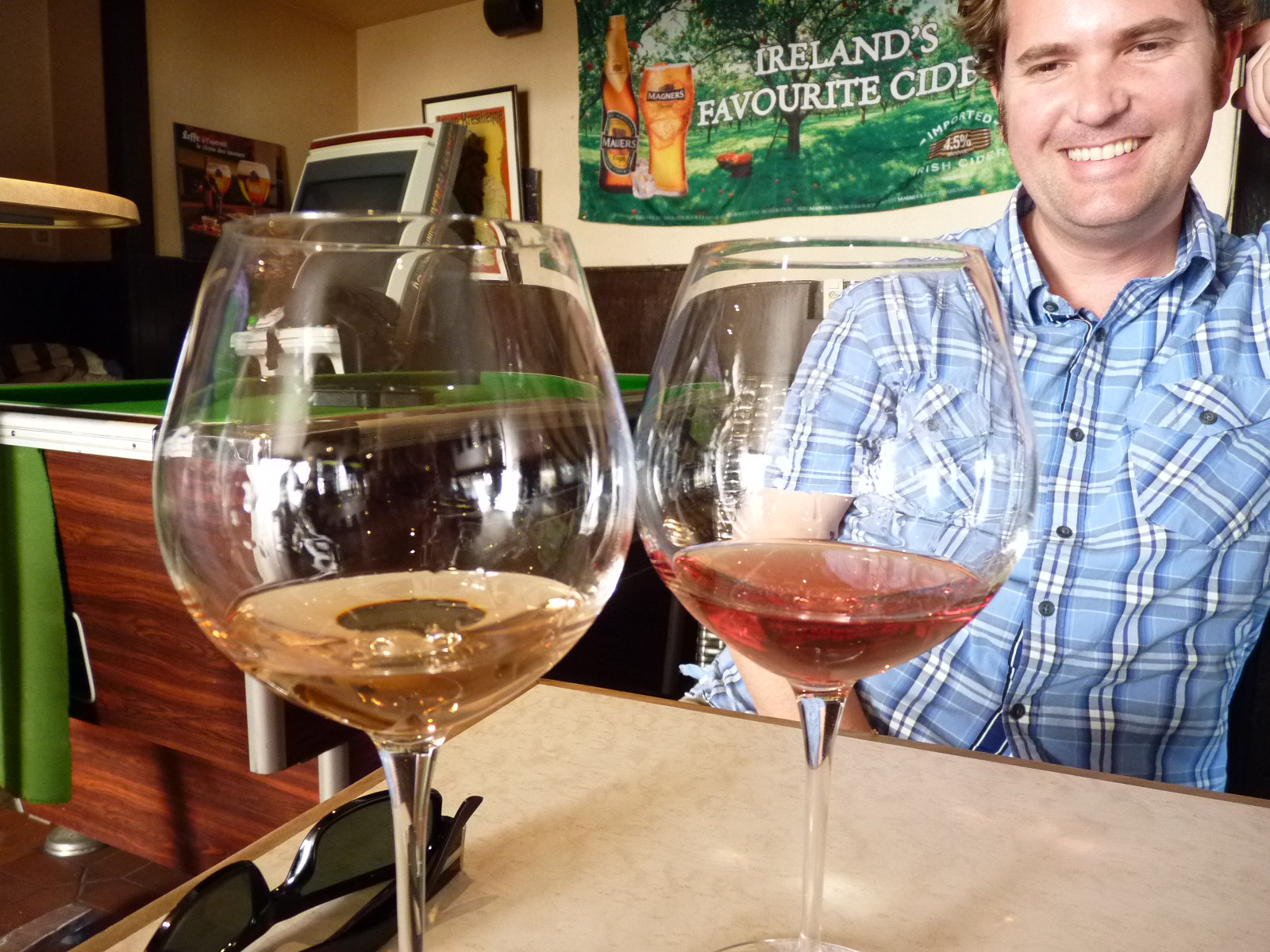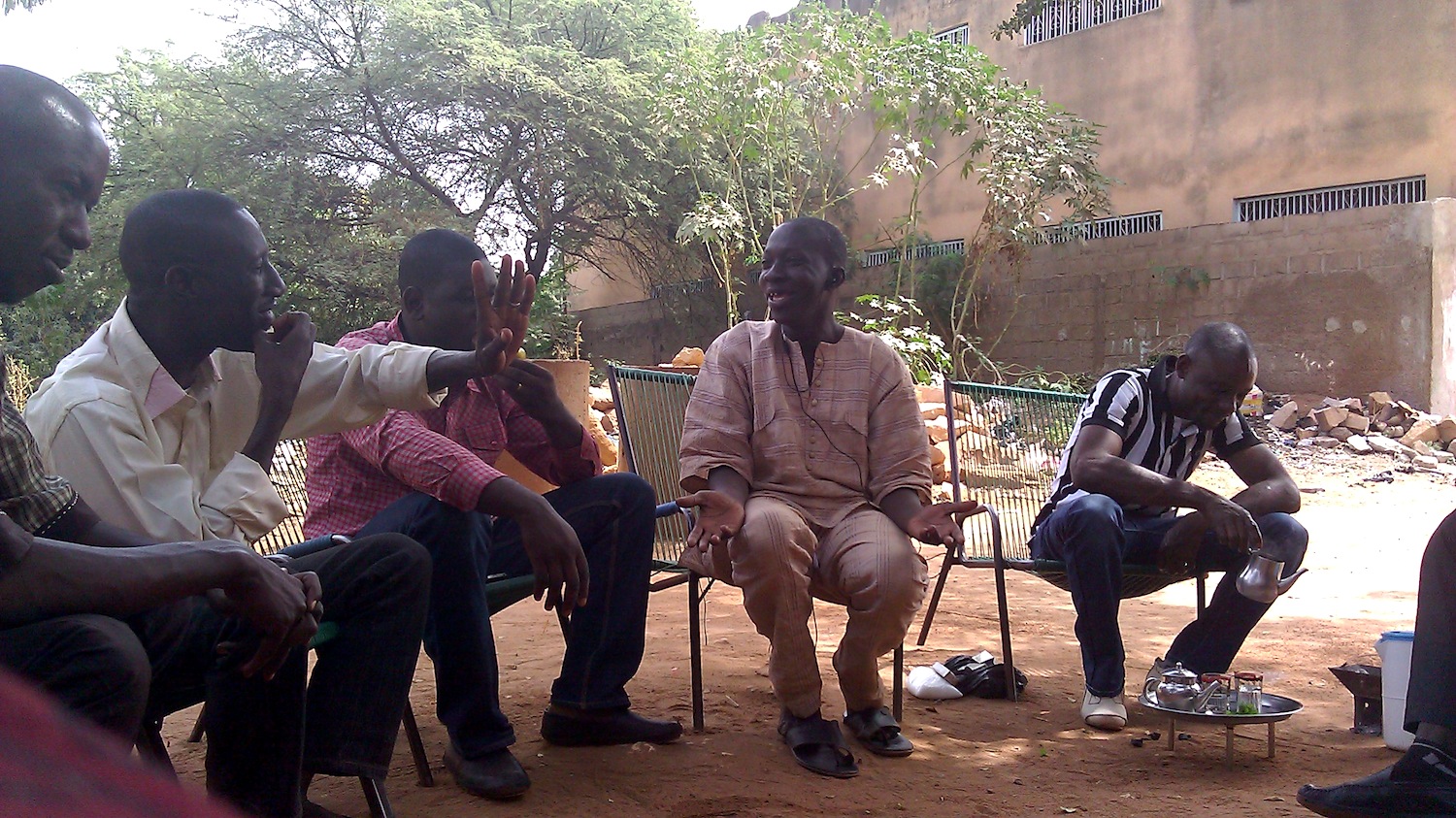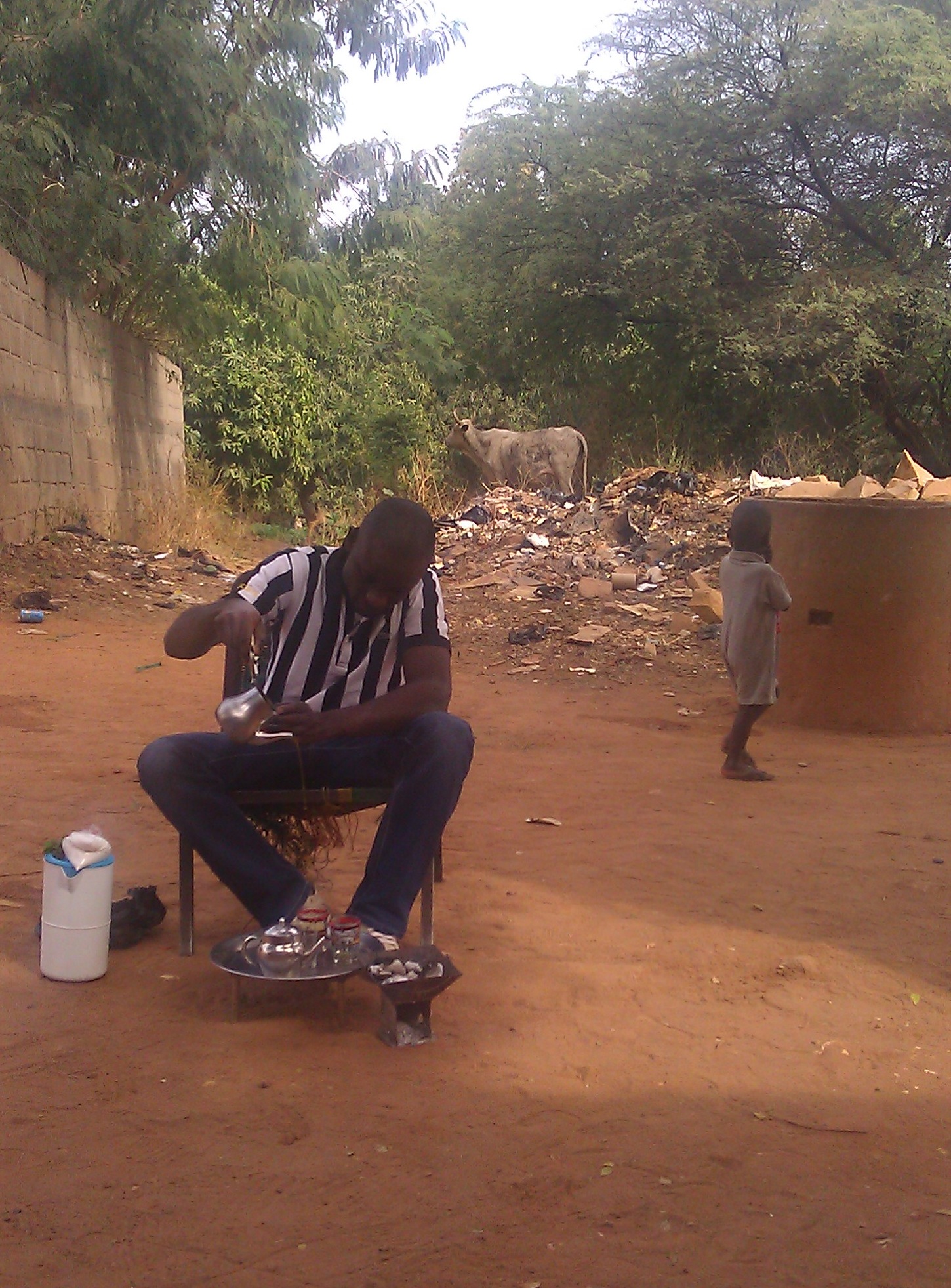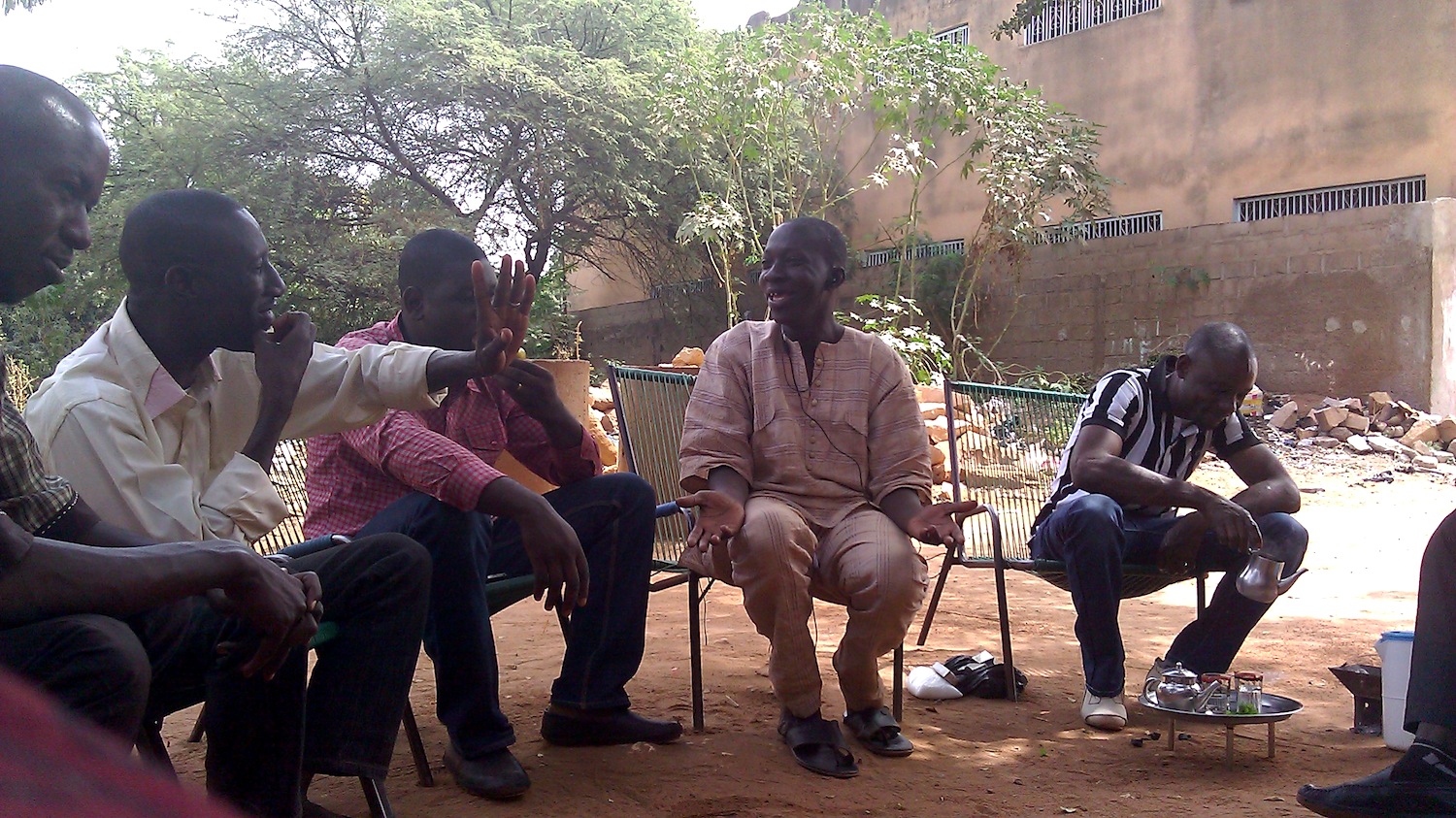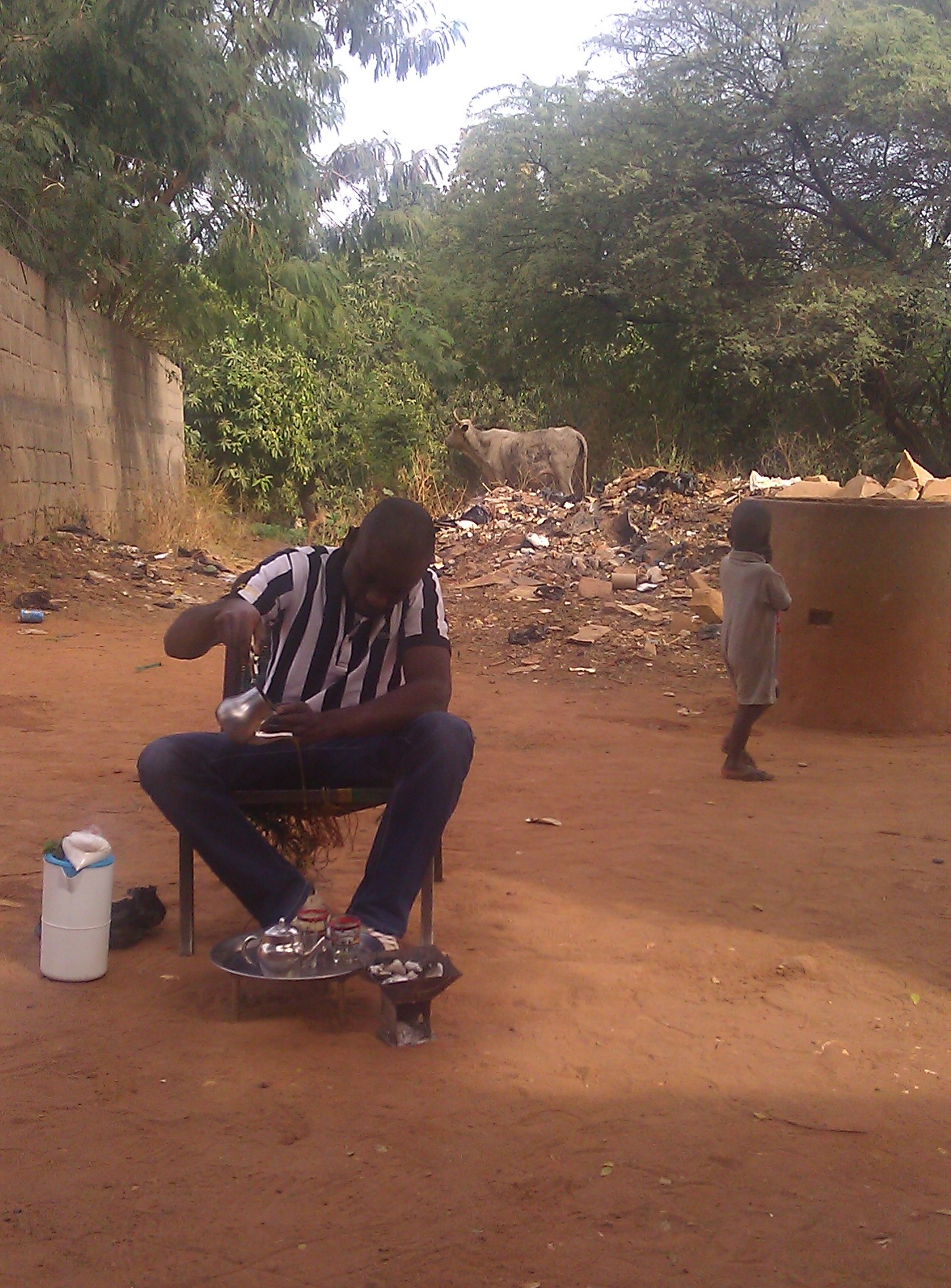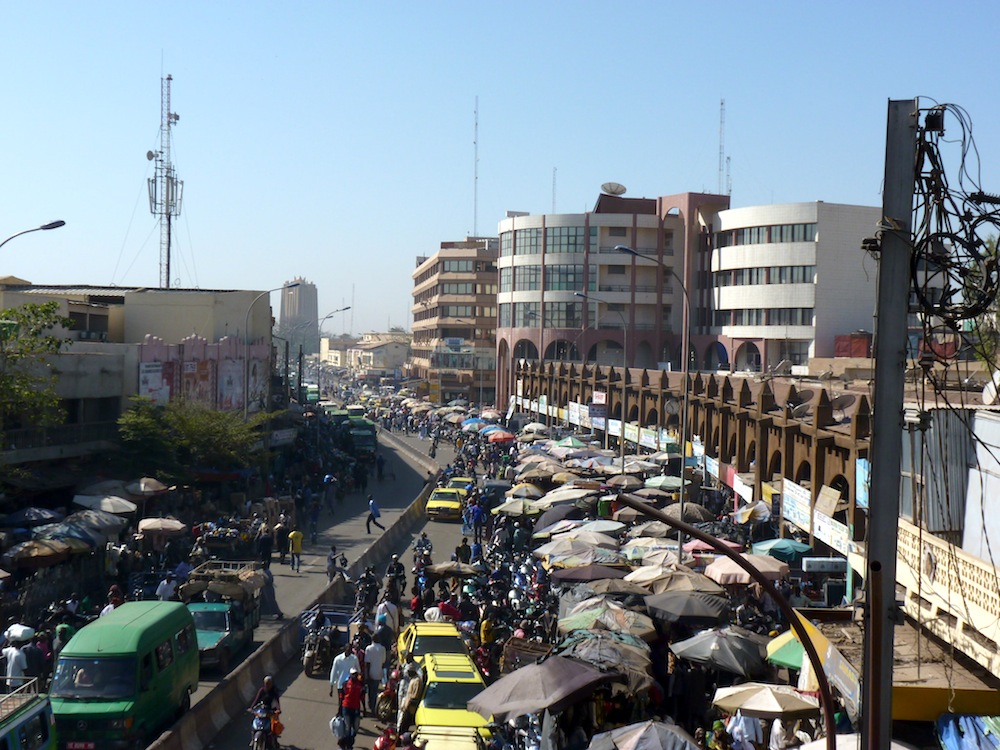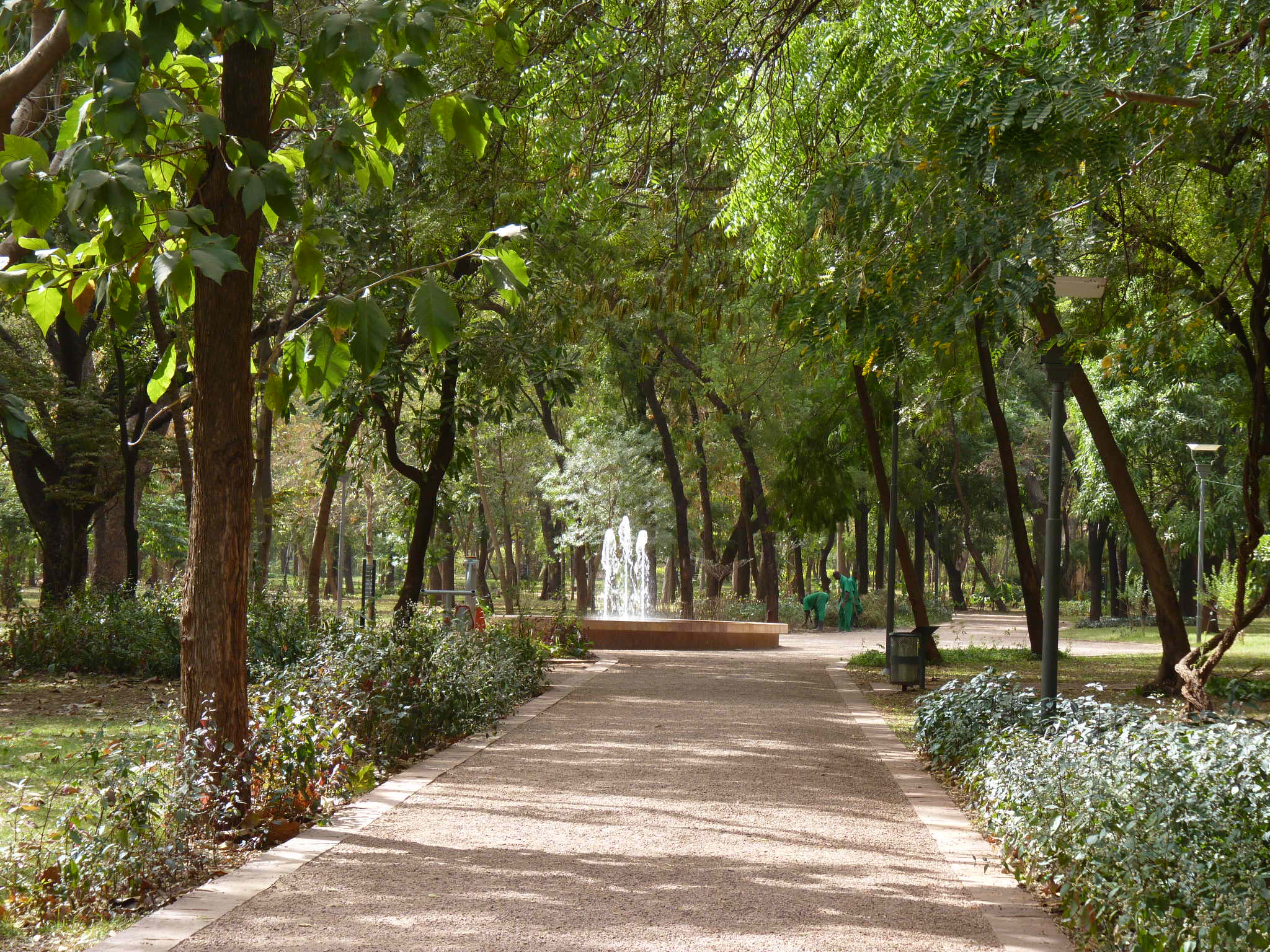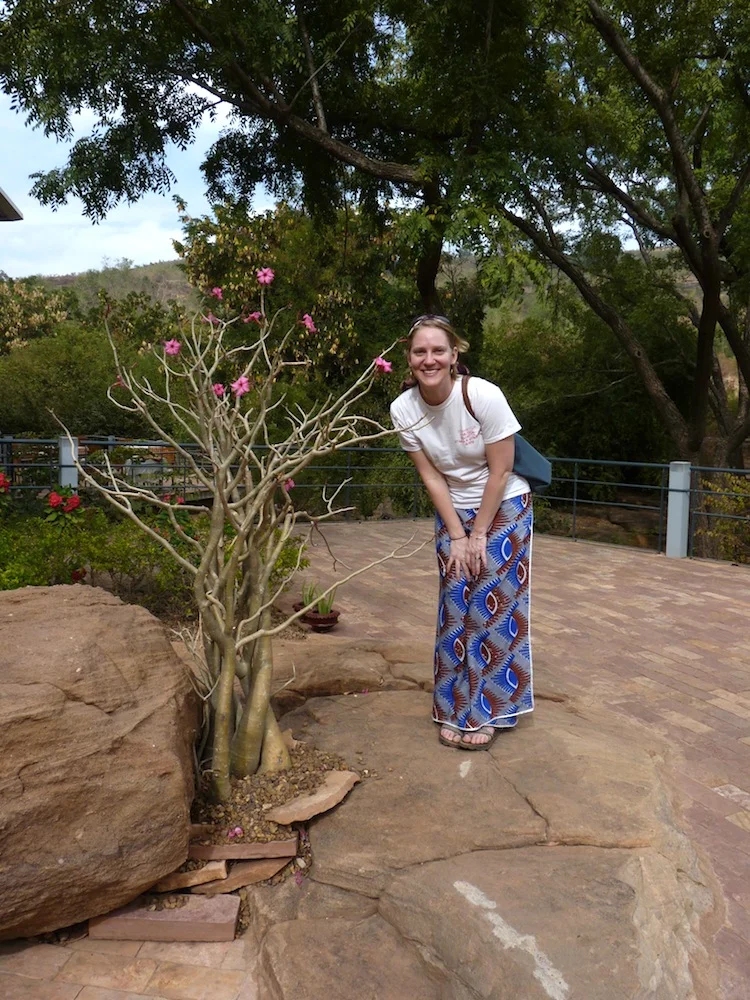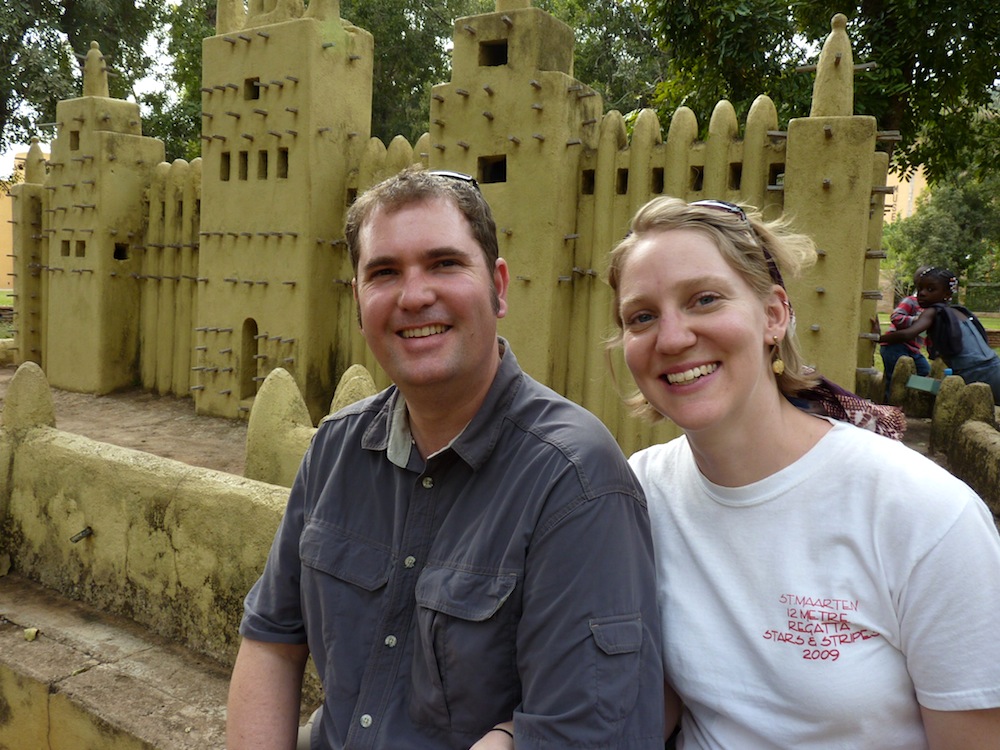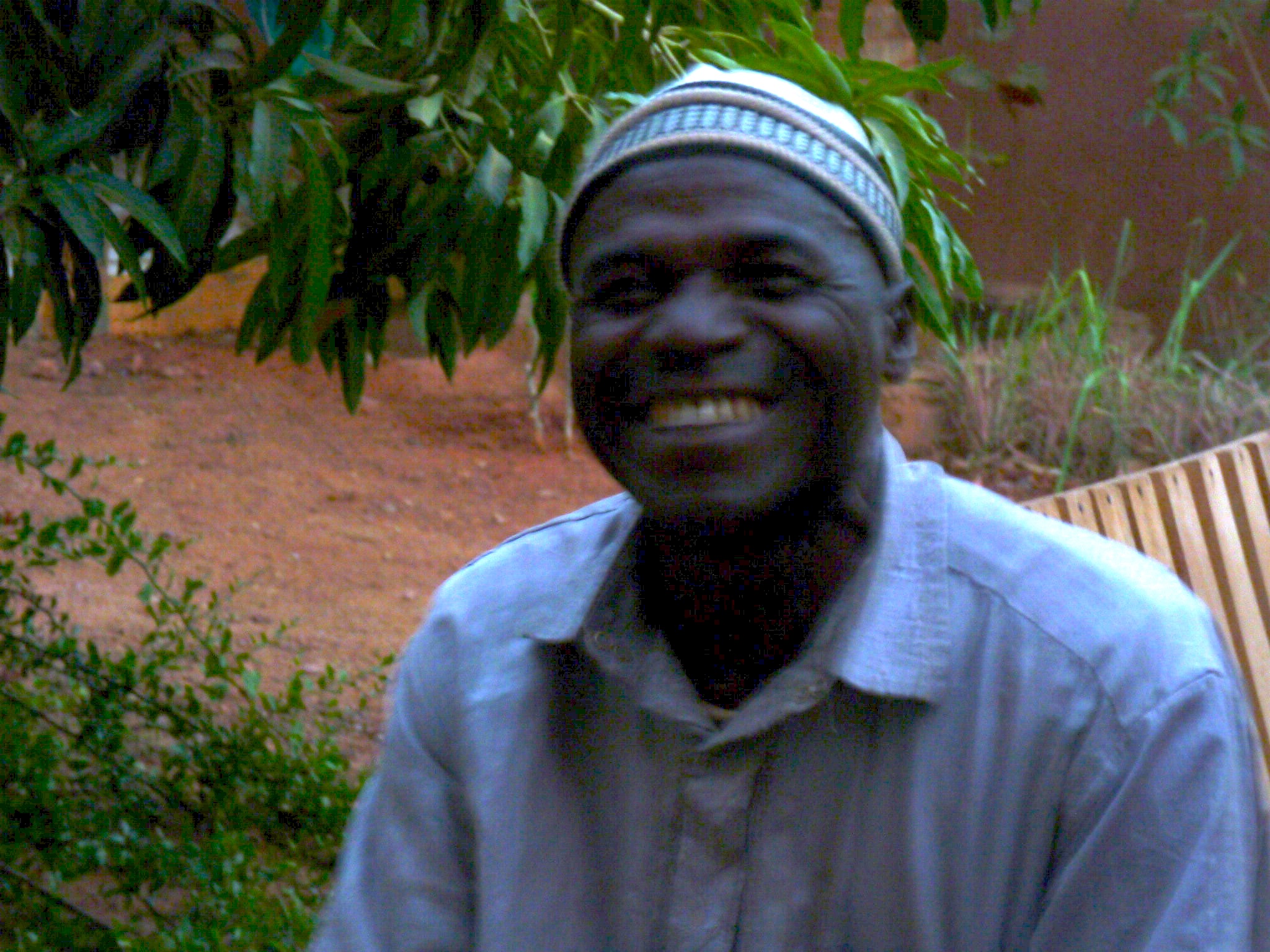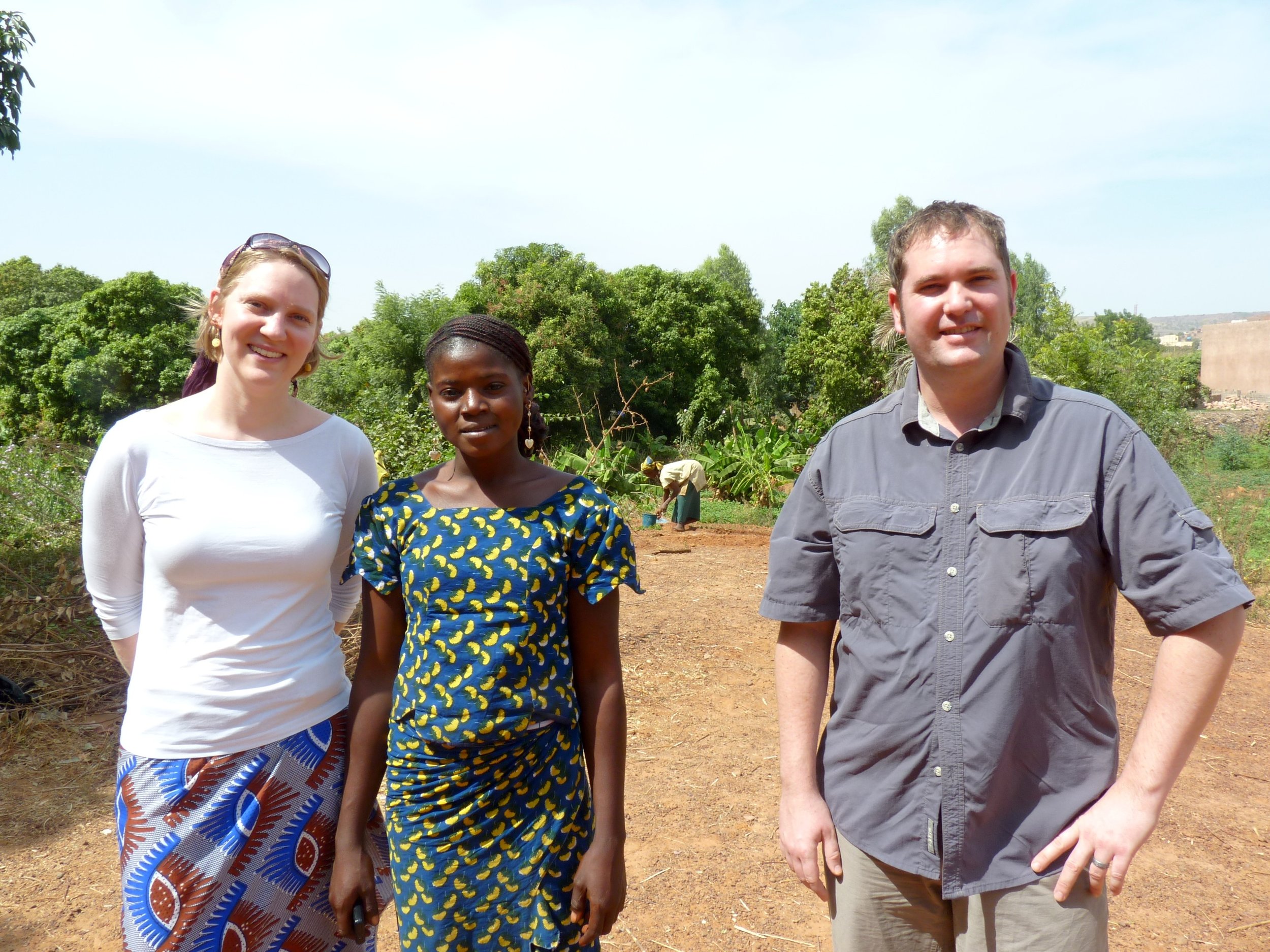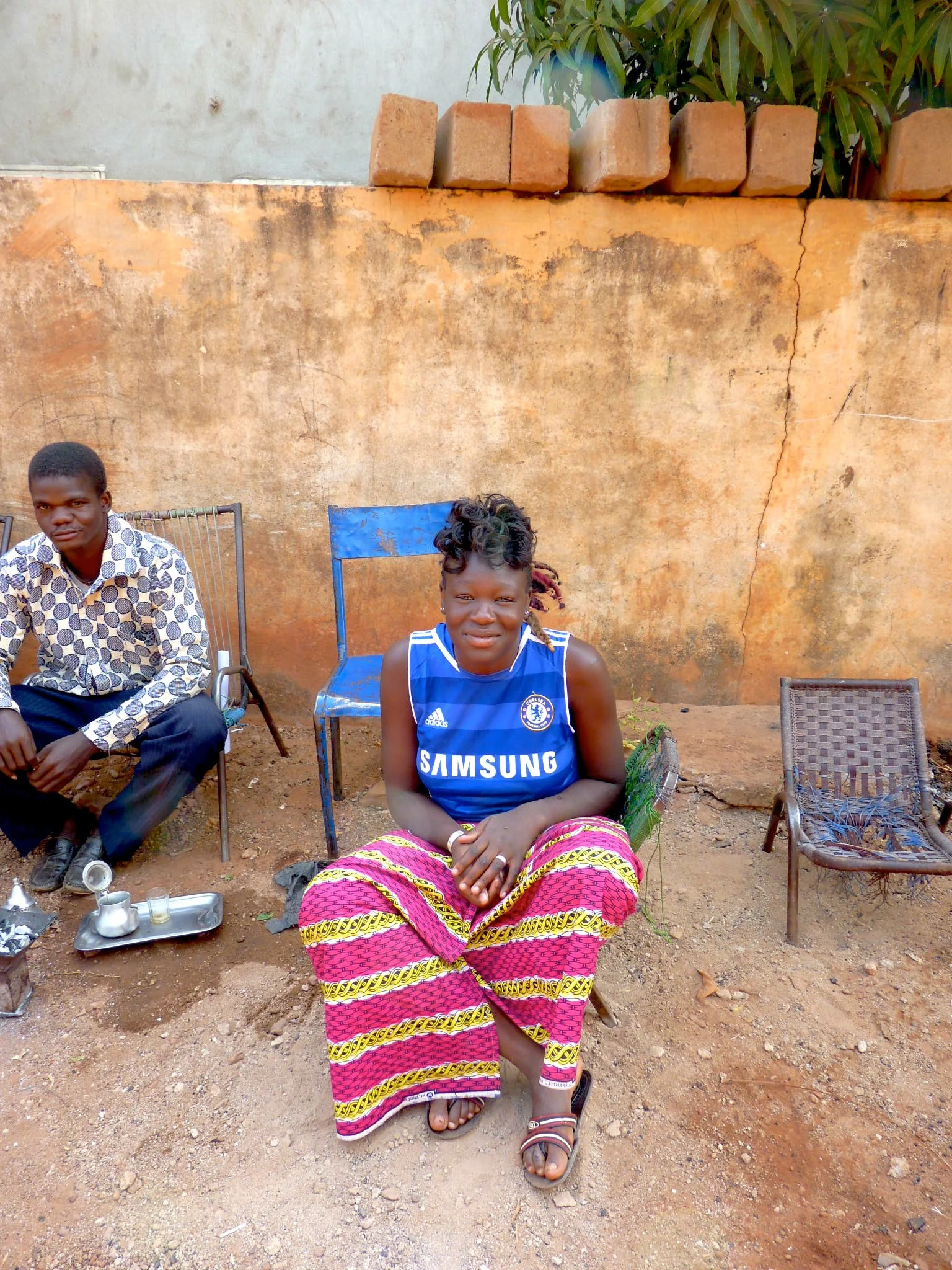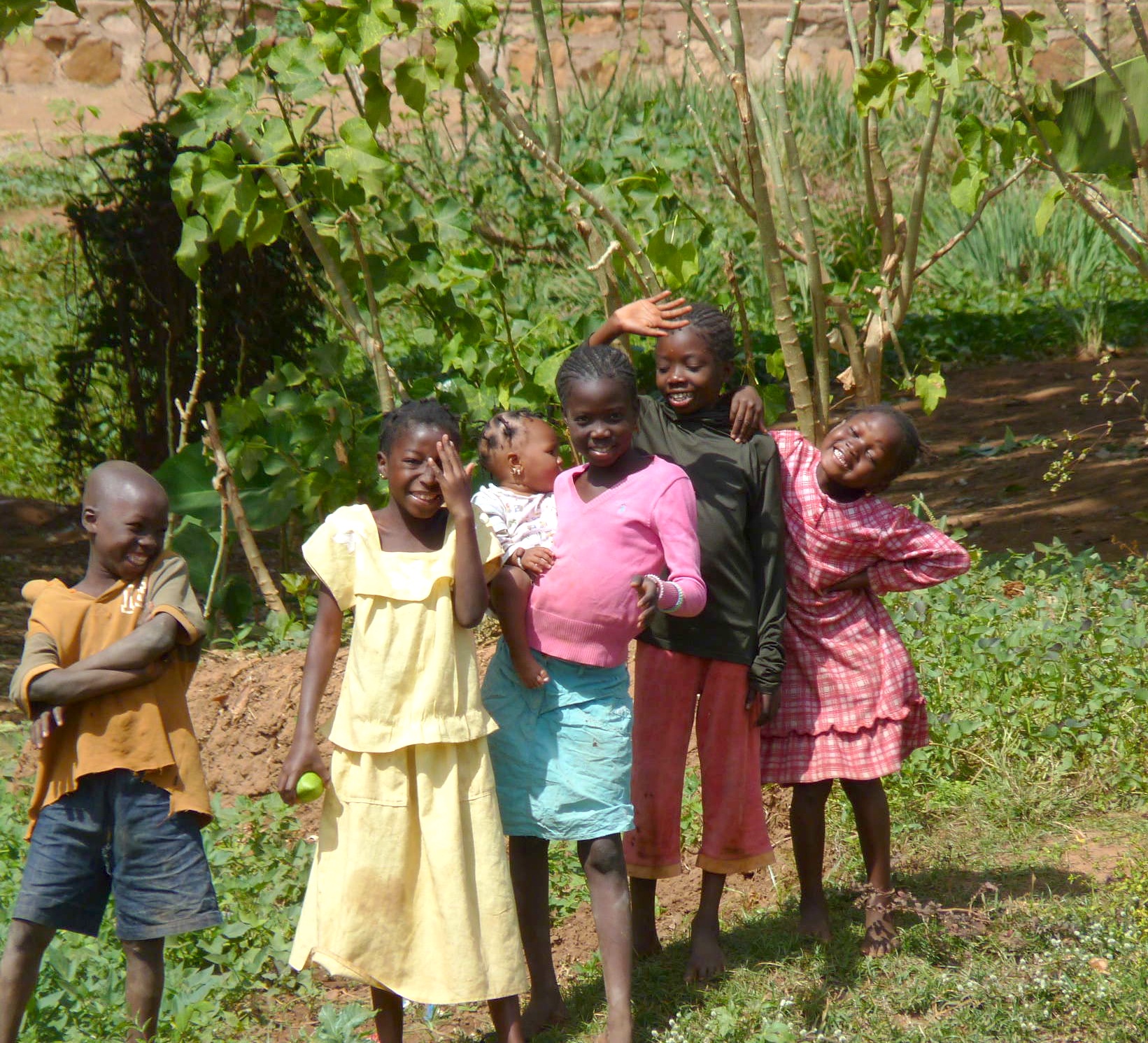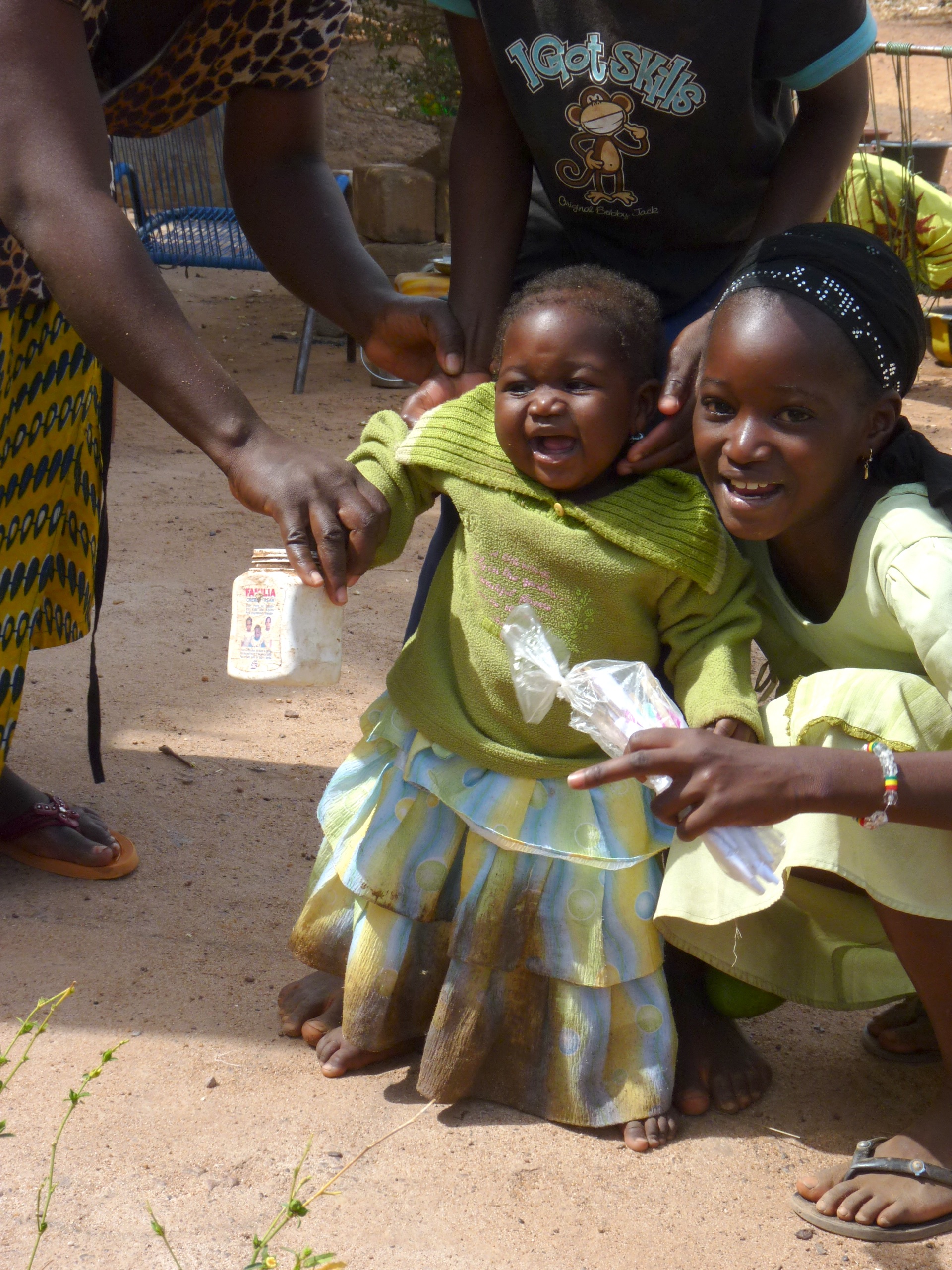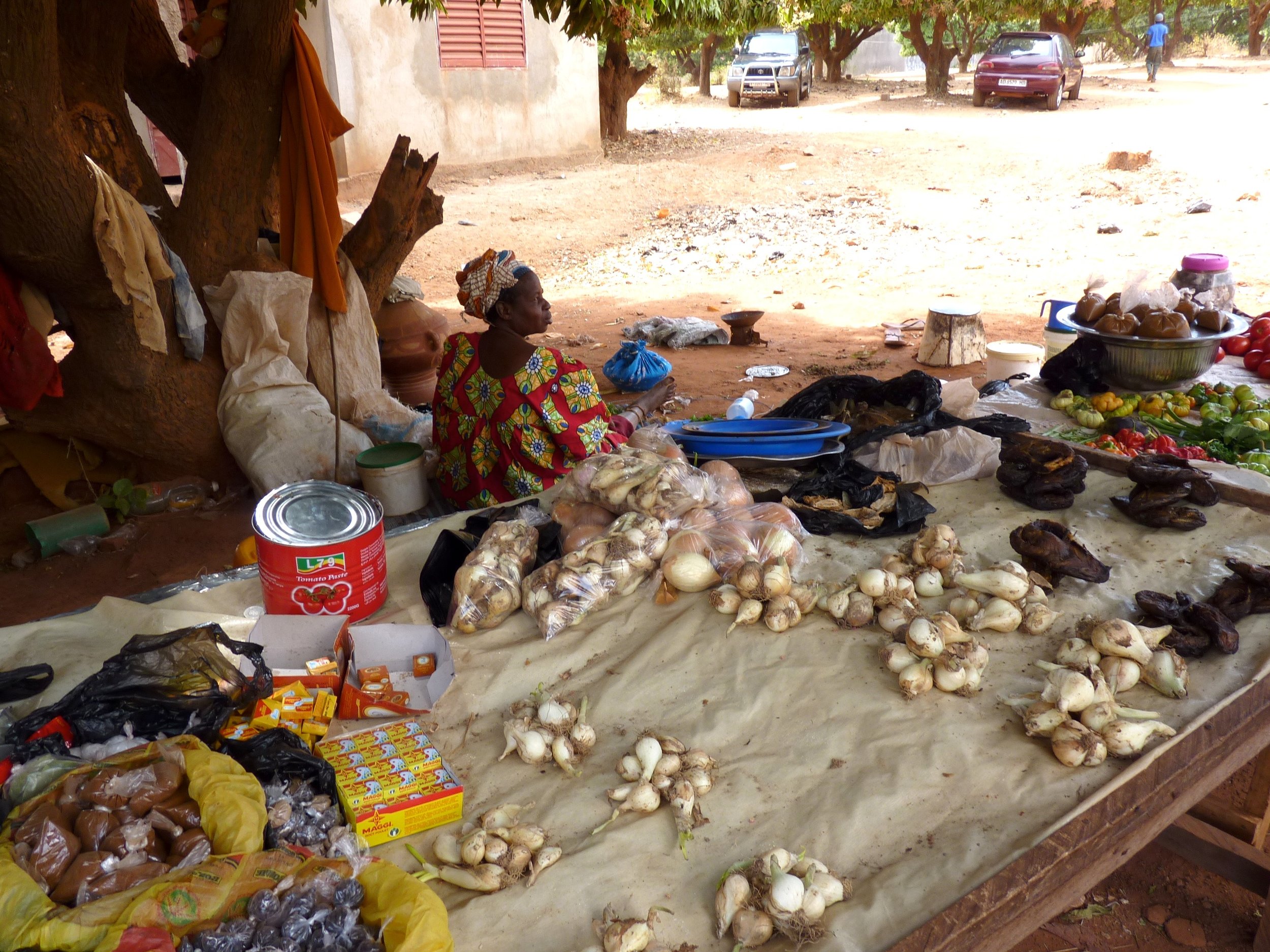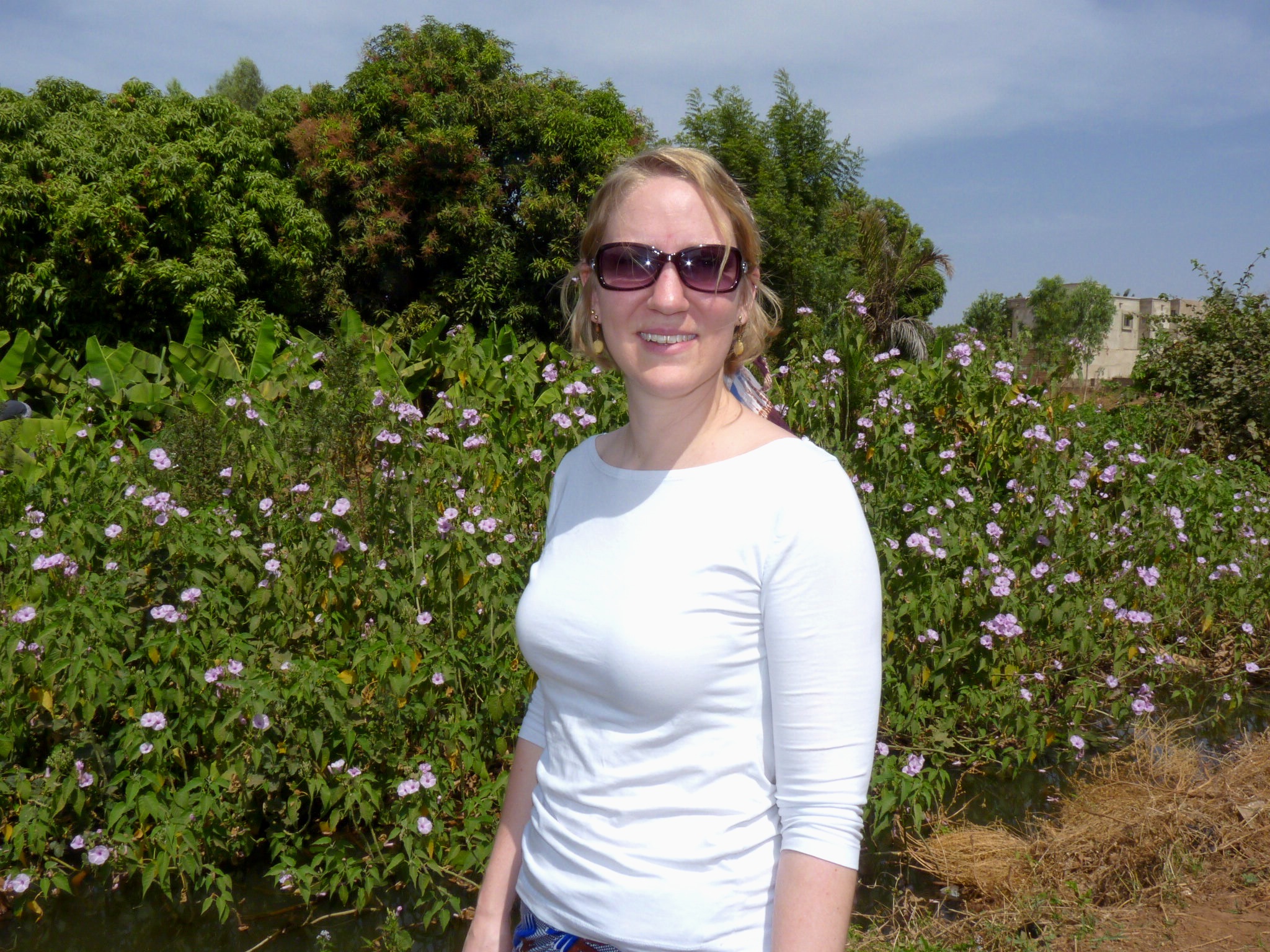These are the things that occupy our minds most days in France. Apologies for the lack of writing, camp keeps us busy! Wine
As previously mentioned, and as you probably have assumed, there's a lot of wine in France. We like it and it's incredibly cheap. Generally we can give 10 euro to someone making a run to a grocery store and say, "can you pick up at least 3 bottles?" and there's no problem. The best part is that we've only had one dud in all the exceptionally cheap wine we've bought. Not bad!
Yesterday (Saturday), was our day off and we decided to take a classic 'séjour' in France and ride bikes through the rural farmland that surrounds our camp location. We're about 5km from the border between the Lot-et-Garrond and the Dordogne regions. Despite being on the worst bike I've ever ridden in my life, it was great to be out in the country, soaking in our first day of sunshine in 2 weeks, and of course, being in France.
Our goal was to ride 33km (about 17 miles) to Bergerac, but at km 16 we were in so much pain (in the derrière) that we gave up and turned around to head back to the little 12th century town of Eymet. A wise decision, because Eymet is awesome - as in we want to live there awesome. Jon had read up a bit on a little 'cave' - or wine cellar - that we ended up visiting, which is owned by a British expat named Mitch (a lady) who sources about 50 local wines from the region. Woohoo! We walked in and were greeted by 2 other Americans and a Frenchman, who owns the town's favorite local tavern down the block. In 15 minutes, it was like we were all old friends, and the 'free tasting' consisted of 3 full glasses of wine, specially picked by Mitch, to give us a flavor of the local rosé, white and reds of the region. Again, the best part is that buying all three bottles cost us no more than 25 euro - and these are good wines.
After our tasting, and a hearty invitation to come back next weekend for homemade canapés and wine at lunchtime, we picked up a delicious "Opéra" pastery (coffee buttercream, chocolate genoise cake covered in chocolate) we decided to check out this town-favorite tavern. The owner was so excited to see us that in addition to the glass of house rosé we ordered, he gave us a glass of the red and the Sancerre (white wine from the Loire valley). That sealed it, we're going back next weekend for sure! Love wine in France.
Ducks
No, not the Oregon ducks, I'm talkin' French ducks - and the kind that make delicious fois gras. The Dordogne region - next to which we are currently living - is where the best fois gras in France comes from. Like the incredibly cheap and accessible wine, fois gras du canard (duck fois gras) is cheap and can be found everywhere. You can buy it in little pre-packaged portions at any grocery, or you can get a delicious terrine or paté from the local boucherie (butcher). Either way, it's cheap and yummy, if you like duck liver.
Not surprisingly, fois gras d'oie (goose) is 3 times more expensive. Boooo - that stuff is gooooood. And you know what? I have no problem eating fois gras - 'cause if you saw these ducks and geese, you would know they are living very happy lives plodding around the unbelievably green and gorgeous french countryside. Ya ya so they get fattened up, but they get to go walk it off right??
Camp
You've heard our complaints - long days, little pay, inefficiencies and too much coloring (yes there is a thing) - so I guess not much has changed. We had 43 kids last week, all 12 years old 32 of whom were girls. Yikes. They were from a 'european school' which apparently means bilingual, upper class, private, good education. My guess is that most of these parents are diplomats, CEO's, export/import/international business owners. They're english was great.
We have 2 more weeks here in Miramont, in the beautiful region of Aquitaine - which has been inhabited since prehistoric times. It's cool to think that this place was once Gaul, and is know as the "pays des bastides" - or the country of ancient walled towns. I counted 7 chateaux in the first 10km of our bike ride, and the towns are quaint, friendly and beautiful. Jon said it right when this is what he imagined when he thought of France.
In 2 weeks we're being moved back to our original side of Tour de Buis near Lyon and Vienne. It's just a week and then our contract is finished. Yipee!
PS: finally, we're both healthy! First time in 2.5 months!
